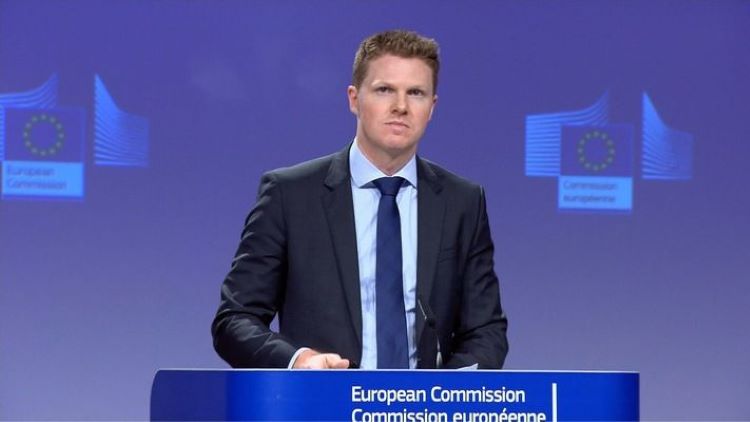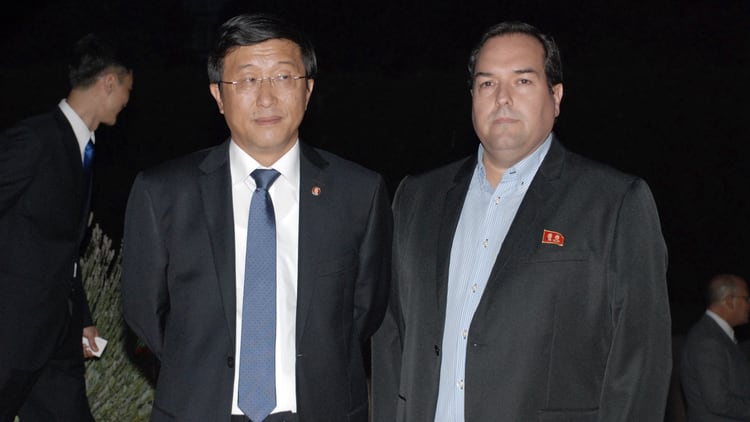Eduardo González
The European Commission warned yesterday that it is not true that the Spanish Government’s amnesty law causes it “zero concern”, as the Minister of the Presidency, Justice and Relations with the Courts, Félix Bolaños, said the day before during a working visit to Brussels to address this issue.
Bolaños went to Brussels last Thursday to hold working meetings with the Vice President for Values and Transparency of the European Commission, Věra Jourová; the Commissioner for Justice, Didier Reynders; and the President of the Committee on Civil Liberties, Justice and Home Affairs of the European Parliament, Juan Fernando López Aguilar.
In the press conference following these meetings, the minister declared that he had explained to Reynders and Jourová “all the details” about the amnesty law -agreed by the PSOE and Junts during the investiture negotiations- and that both “know that it is a bill that is absolutely in accordance with the Constitution, with the Spanish legal system and with the law and values of the EU”. He also warned that it is “an internal matter of Spain and is absolutely in accordance with the values of the EU” and assured that in the EU “there is zero concern about the health and strength of the rule of law in Spain. Zero. None.”
“There was a very constructive meeting and the exchanges with Spain will continue,” said yesterday at a press conference the spokesman for Justice of the European Commission, Christian Wigand, in relation to the visit and subsequent statements of Felix Bolaños. “The commissioners informed the minister at the meeting, of course, that we have questions and that we want to continue the conversation with the Spanish authorities,” he continued. “Also, our analysis is in process, so, in that sense, the Commission has not yet said that the amnesty law does not cause it any concern,” Wigand cautioned.
During the recent session in the European Parliament dedicated to the Spanish amnesty law, Didier Reynders assured that the debate and analysis on this issue “is going to happen first of all in Spain, in the Spanish constitutional framework.” However, he warned, “the Commission, as guardian of treaties, must act” and will study the text “independently, objectively and carefully” to determine whether it is compatible with Community law and with respect for the fundamental values of the EU. For this reason, he announced, the community legal services will make an analysis “when the final text is adopted by the Spanish Parliament” and includes the amendments that may be presented by the rest of the parliamentary groups during the process of processing the law.







